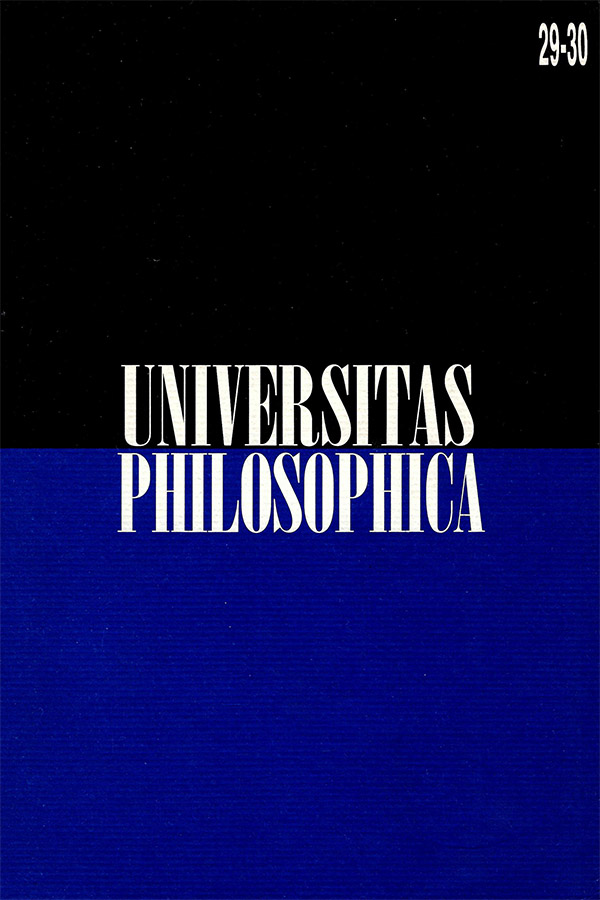Abstract
Plato thinks that philosophy must explain the whole and unity which gives foundation to all that there is. But if this is so, rational language is not enough to say all that must be said. It is then necessary to explore other kinds of expressions, like poetry, in the attempt to see if they can express unity and wholeness, or to state the limits of rational language and put forth the possibility of a philosophical silence.
This paper seeks to explore some of Plato's approximations to poetry in his search for a language that can express the whole, having in mind three different aspects: 1) Plato uses a form of writing that brings him close to poetry, drama and myth, but he doesn't welcome poets in his ideal State; 2) Plato rejects the irrational aspect of poetry and myth, but he uses myths and metaphors when he must explain the most difficult parts of his philosophy; 3) Plato finally rejects all language, oral or written, and proposes the silence of reason in the Seventh Letter.
This journal is registered under a Creative Commons Attribution 4.0 International Public License. Thus, this work may be reproduced, distributed, and publicly shared in digital format, as long as the names of the authors and Pontificia Universidad Javeriana are acknowledged. Others are allowed to quote, adapt, transform, auto-archive, republish, and create based on this material, for any purpose (even commercial ones), provided the authorship is duly acknowledged, a link to the original work is provided, and it is specified if changes have been made. Pontificia Universidad Javeriana does not hold the rights of published works and the authors are solely responsible for the contents of their works; they keep the moral, intellectual, privacy, and publicity rights.
Approving the intervention of the work (review, copy-editing, translation, layout) and the following outreach, are granted through an use license and not through an assignment of rights. This means the journal and Pontificia Universidad Javeriana cannot be held responsible for any ethical malpractice by the authors. As a consequence of the protection granted by the use license, the journal is not required to publish recantations or modify information already published, unless the errata stems from the editorial management process. Publishing contents in this journal does not generate royalties for contributors.


